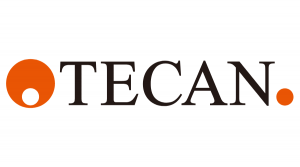Increasing the sensitivity of your assay for COVID-19 research and beyond

As the COVID-19 pandemic has highlighted, genomics plays a vital role in the response to pathogenic viruses from discovery to surveillance of new variants. The challenge is creating a robust assay that can accurately detect minute amounts of nucleic acid from various environmental and human-derived sources that may be of varying input and quality.
This webinar reviews proven technologies that have been optimized to detect and characterize rare and low abundance viral transcripts, enabling the confident examination of samples across a broad range of varying quantity and quality inputs.
What will you learn?
- How to avoid missing SARS-CoV-2 variants of interest with comprehensive coverage of the viral genome
- Ways to reduce assay failure by lowering the limit of detection
- Tips for scaling up sample throughput with automation
- How to streamline next-generation sequencing (NGS) library quality control, quantification, and pooling with NuQuant®
Who may this interest?
- Public Health, epidemiology and infectious diseases researchers
- Researchers developing metagenomic and viral sequencing assays
- Researchers conducting variant analysis and genomic surveillance
Speaker

Ashesh Saraiya, PhD
Senior Product Manager
Tecan (Redwood City, California, USA)
Ashesh Saraiya is a Senior Product Manager for Tecan’s NGS librairy preparation solutions. Ashesh has a Ph.D in molecular biology specializing in ribosomal RNA genetics and gene translation. Ashesh’s industry career began as a Field Application Scientist, where he gained deep insight into library preparation technology and customer insights. He currently manages Tecan’s broad NGS library preparation reagents portfolio and guides the development of new and innovative NGS library preparation solutions.
For research use only. Not for use in diagnostic procedures.
This webinar was recorded on Thursday 30th September 2021
In association with
